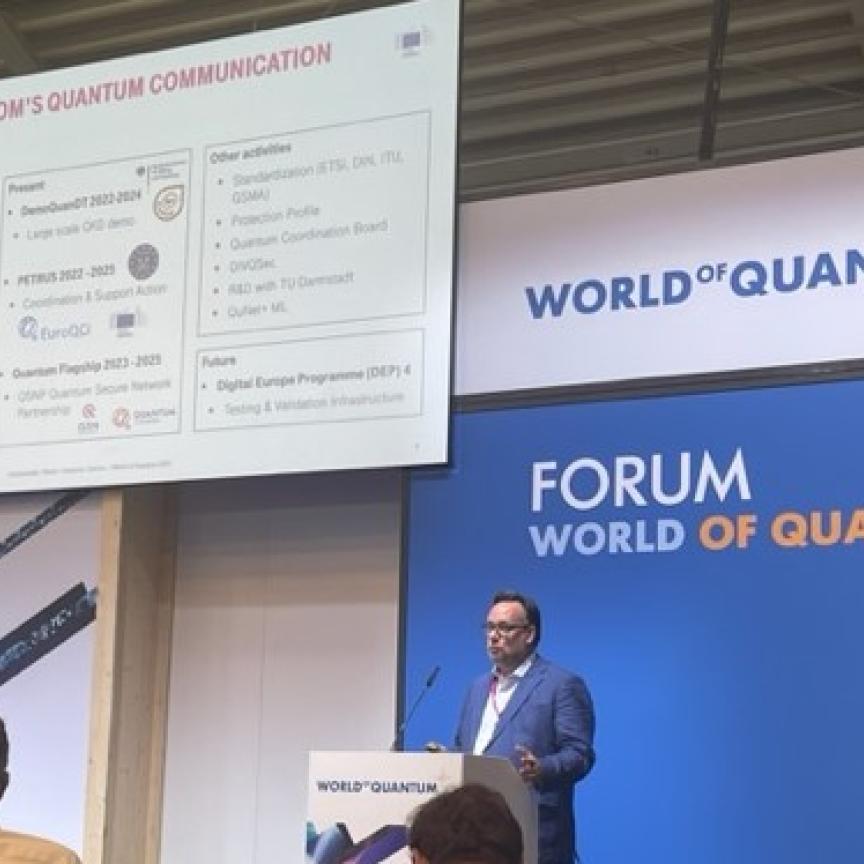The UK government recently confirmed its commitment to delivering broadband speeds of at least 10Mb/s by 2020 to everyone, via a regulatory universal service obligation (USO).
The move follows the proposal from the incumbent, BT, to provide high-speed broadband to 99 per cent of homes and businesses nationwide on a voluntary basis within five years - largely delivered by its subsidiary Openreach (see BT volunteers to provide nearly universal service). The company said it would fund this investment and recover its costs through its charges for wholesale products providing access to its local access networks. Under its proposal, BT would lead the deployment of the necessary network infrastructure to connect households and businesses rather than waiting for it to be done on request, theoretically allowing connection to take place more quickly.
However, after careful consideration, the government felt that the proposal was not strong enough to take the regulatory USO off the table, and that regulation is the best way to make sure everyone in the UK can access broadband connections of at least 10Mb/s - the speed recommended by the regulator, Ofcom, to meet the requirements of an average family.
‘We know how important broadband is to homes and businesses and we want everyone to benefit from a fast and reliable connection,’ said culture secretary Karen Bradley. ‘We are grateful to BT for their proposal but have decided that only a regulatory approach will make high-speed broadband a reality for everyone in the UK, regardless of where they live or work. This is all part of our work on ensuring that Britain’s telecoms infrastructure is fit for the future and will continue to deliver the connectivity that consumers need in the digital age.’
According to government, a regulatory approach would also provide the consumer with other advantages such as the ability for the minimum connection speed to be increased over time as consumers’ connectivity requirements evolve. It would also provide for greater enforcement powers to help ensure households and businesses do get connected. The scheme is also set to maximise the provision of fixed-line connections in hard-to-reach areas, whilst it places a legal requirement for high-speed broadband to be provided to anyone requesting it, subject to a cost threshold (in the same way the universal service right to a landline telephone works).
The consultation on the design of the regulatory USO was launched last year, following April’s implementation of the Digital Economy Act 2017. The government is now to set out the design for a legal right to high-speed broadband in secondary legislation early this year, alongside its detailed response to the consultation. Ofcom’s implementation is expected to take a further two years from the secondary legislation.
Matthew Hare, chief executive of Gigaclear, welcomed the news. ‘We welcome this decision from the government to reject BT’s private proposal. The UK needs great broadband – in fact full fibre – for all. To get there, the UK needs a competitive market in fibre networks. As a full fibre provider delivering 1,000Mbps to every property, we know homes and businesses want access to reliable speeds. We believe that the 10Mbps is a sensible basic threshold, but providers should be given the opportunity to provide faster speeds. We look forward to working with Ofcom and the wider industry in the coming months to design a competitive process that gets the best result for the UK,’ he said.

